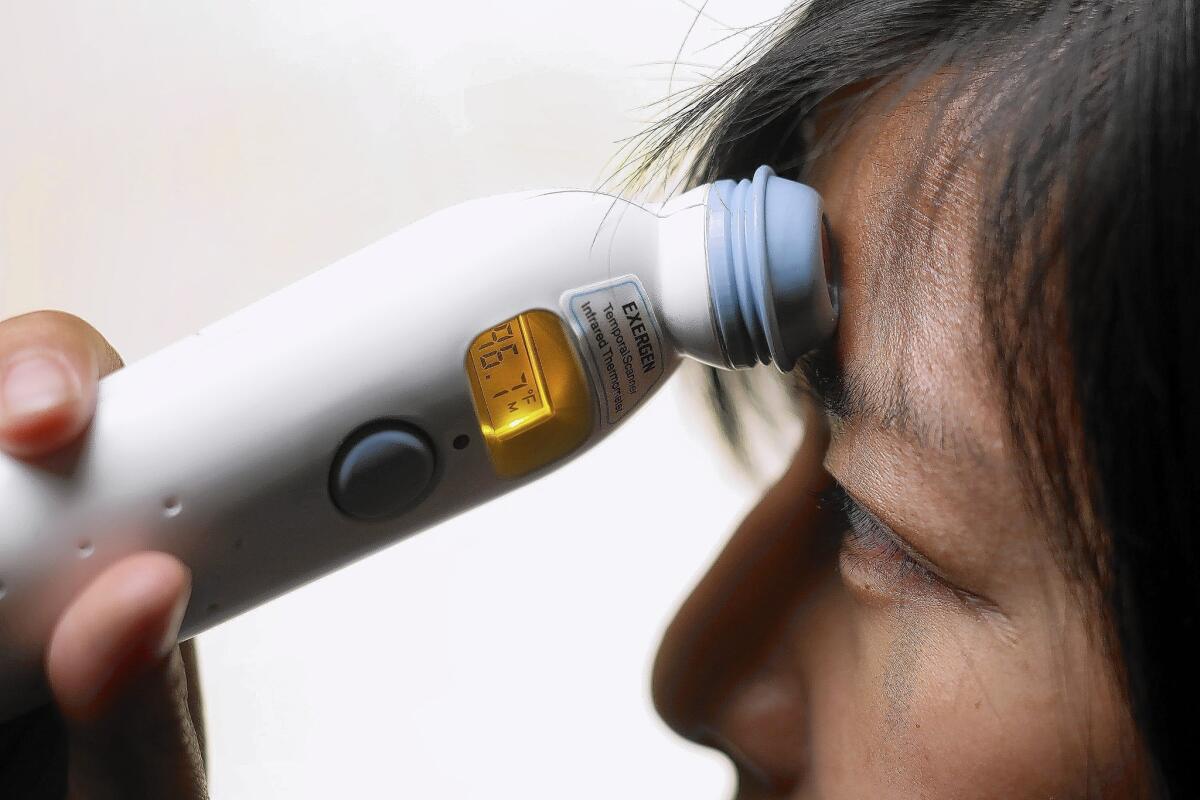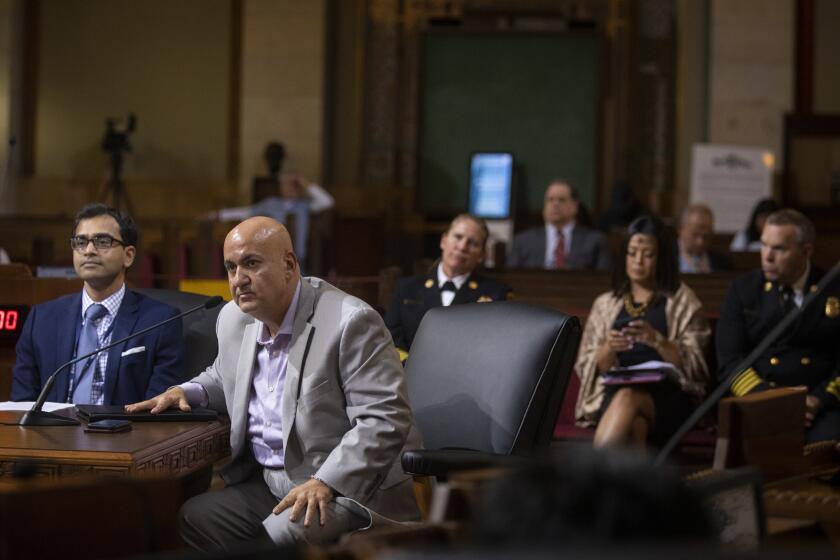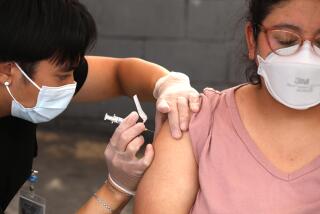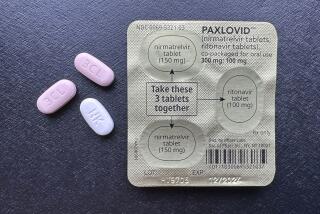Q&A: I have a cough and fever. Should I get checked for coronavirus?

Health officials say nearly 128,000 people around the world have been infected with the new coronavirus from China, and more than 4,700 have died. With COVID-19 cases turning up on six continents, that cough or slight fever you would have dismissed in the past might seem more ominous today.
Would a call to the doctor be a sign of panic? Or, in the age of coronavirus, would it be prudent?
There’s still much we don’t know about COVID-19, but if you come down with worrisome symptoms, you can’t afford to wait for the answers. Here’s how health experts would weigh a patient’s options.
I haven’t been out of the country, but I have a cough and a fever. Could it be coronavirus?
The chances are higher if you’ve had close contact with someone who’s infected with COVID-19, has recently traveled in Asia, Iran or Italy, or has been in close contact with someone who has. Even if you haven’t, there’s a risk that you could have picked it up from an infected person here. The first known instance of so-called community spread in the U.S. occurred in late February, and Los Angeles County had its first such case on March 10.
Still, the likelihood you’re infected with coronavirus is probably pretty slim.
A coronavirus infection can have common symptoms like a cough or fever. There can also be serious problems, including pneumonia or kidney failure.
It’s far more likely you’re infected with a rhinovirus — a.k.a. the common cold — or the strain of influenza that is now considered “widespread” throughout every state but Oregon and Hawaii, along with Washington, D.C.
If you have body aches and headaches with your cough and fever, that might heighten suspicion of flu. If you don’t have a fever or chills, know that not all cases of flu bring such symptoms.
Here’s the good news: Virtually any primary care physician’s office can swab the inside of your nose or throat and do a test to quickly determine whether you have the flu. If you do, that’s almost certainly the best explanation for your symptoms — not the coronavirus.
Should I go to the doctor’s office, urgent care clinic or emergency room just to be sure? Or should I avoid those places?
Call ahead to your doctor’s office or an urgent care clinic. That will give them a chance to prepare for your visit or advise you to go to a facility better suited to your needs.
A cold or flu rarely requires the resources of an emergency department. Unless you have other health problems, are having trouble breathing or feel unusually ill, save the emergency department for those who really need it.
Only a few dozen coronavirus cases have been reported so far in the U.S., but thousands of people who might have been exposed are being monitored.
Over time, that advice may change. As the coronavirus spreads more widely within the United States, hospital emergency departments will be better prepared than doctors’ offices or urgent care centers to handle patients who might be infected.
EDs will be stocked with the diagnostic tests, isolation rooms, protective garb, medicines and equipment needed to recognize and treat coronavirus patients. In time, suspicion of coronavirus may be reason enough to go to an emergency room.
Should I quarantine myself?
If you’re sick, do everybody a favor and stay home until you feel better. Cough or sneeze into your upper arm instead of your hand (or better yet, into a tissue), wash your hands for at least 20 seconds with soap and hot water, or use hand sanitizer frequently.
If you do go out with a cold or flu, resist the urge to hug people or shake hands. (Fist bumps are cleaner.) If you have cold or flu, you’ll pass it on to fewer people. That will reduce your risk of spreading germs to other people — and that will reduce the number of people tying up healthcare resources with symptoms that could be coronavirus, but aren’t.
And if you can find a simple surgical mask, go ahead and wear it if you must leave your home before you’ve made a full recovery. The masks are most useful for protecting others from your illness. Leave the industrial-grade N95 respirators for healthcare workers and those who may be exposed to coronavirus-infected patients.
Dr. Gary LeRoy, president of the American Academy of Family Physicians, says that if he were forced to choose between wearing a mask and washing his hands frequently to protect himself from catching coronavirus, “I would definitely take the soap and water.”
Should I demand to get tested for coronavirus?
The federal Centers for Disease Control and Prevention loosened its criteria for who should be considered for testing — to include, for instance, some people with symptoms of breathing difficulty and pneumonia even if they have not traveled out of the country recently or had contact with an infected person.
Local health departments should consult with doctors to determine whether a patient should be tested for COVID-19, the CDC said.
What else should I do to protect myself from the coronavirus?
Keep it in perspective. Influenza, an illness that comes around every year, is already thought to have sickened at least 34 million Americans and killed 20,000 since October. A bad flu season can result in more than 40,000 deaths.
“Get your doggone flu shot,” LeRoy said. It’s late in the season, but it could still save your life, he said. And it could give you one less thing to worry about.








